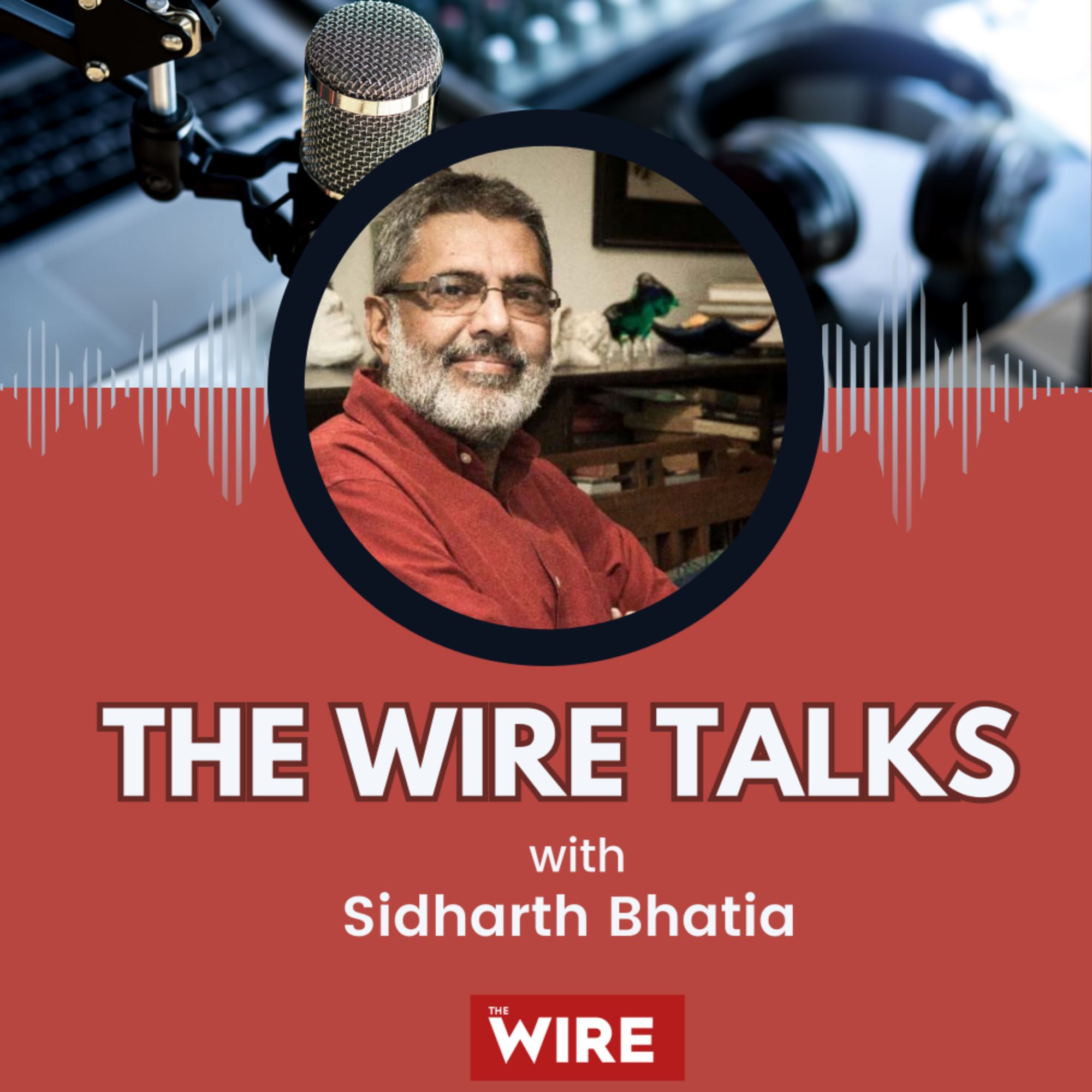The Wire Talks

The Wire Talks
Podcast Description
The Wire Talks is back, but with a new look. Now, host Sidharth Bhatia will chat with guests on video as well as audio, on issues such as culture, politics, books and much more. Our guests will be well-informed domain experts. The idea is not to get crisp sound bites but to have a real discussion, resulting in an explanation that is insightful and offers the audience much to think about.
Podcast Insights
Content Themes
The podcast covers a wide range of themes including culture, politics, social issues, and literature. Notable episodes feature discussions on free speech with veteran podcaster Amit Varma, diplomatic concerns with former Indian diplomat Vivek Katju, criticisms of the Aadhaar system with legal researcher Usha Ramanathan, immigration challenges under U.S. policy with lawyer Duriya Dhinojwala, and constitutional debates with lawyer Raju Ramachandran.

The Wire Talks is back, but with a new look. Now, host Sidharth Bhatia will chat with guests on video as well as audio, on issues such as culture, politics, books and much more. Our guests will be well-informed domain experts. The idea is not to get crisp sound bites but to have a real discussion, resulting in an explanation that is insightful and offers the audience much to think about.
The strong statements by President Trump against India are echoed by the growing anti-Indian sentiment in parts of the country. No longer are Indians viewed as the model minority — well educated, successful, tax-paying members of the US. Instead, they are rousing the anger of local communities. Some of the traits which are not very well liked, says journalist and author Salil Tripathi who lives in the US, “such as noisy celebrations, weddings, and you know, you take over the entire street and then after the after the wedding is over, you have a lot of garbage on the street or something like that. All of those things are attracting unwanted and untoward attention.”
He says the soft power of India is very much visible—Ravi Shankar was popular and now Yoga is, but such things are “a little more in your face.”

Disclaimer
This podcast’s information is provided for general reference and was obtained from publicly accessible sources. The Podcast Collaborative neither produces nor verifies the content, accuracy, or suitability of this podcast. Views and opinions belong solely to the podcast creators and guests.
For a complete disclaimer, please see our Full Disclaimer on the archive page. The Podcast Collaborative bears no responsibility for the podcast’s themes, language, or overall content. Listener discretion is advised. Read our Terms of Use and Privacy Policy for more details.